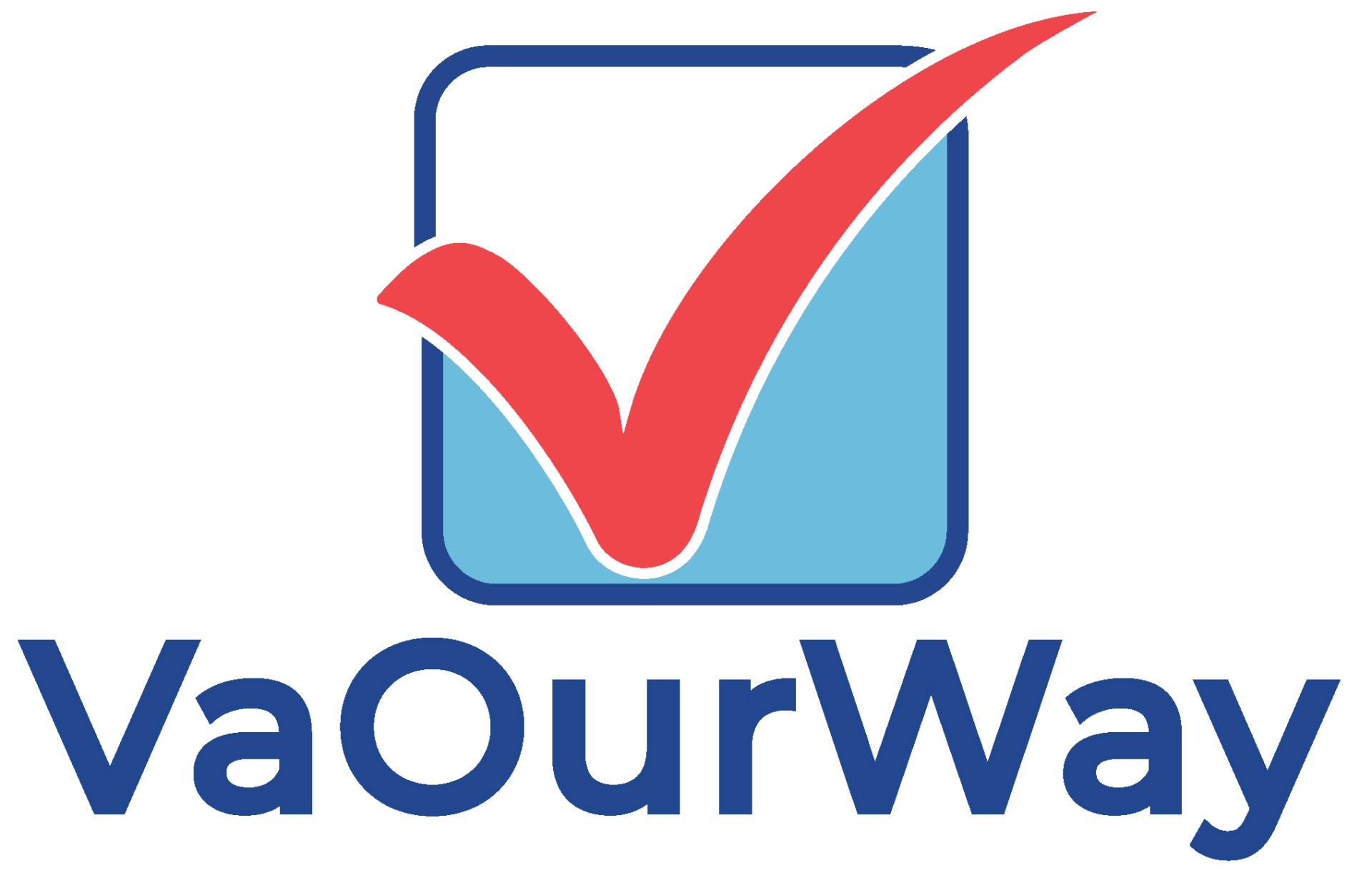Could Publicly Funded Campaigns Lead To A More Democratic Virginia?
This is part four of a series on the state of campaign finance law in Virginia. So far, we’ve covered the personal use of campaign funds, which is legal in Virginia, the lack of limits on campaign contributions, and the lack of limits on corporate contributions. This week, VaOurWay is looking at publicly funded campaigns. Several states throughout the U.S. offer at least one model of publicly funded campaigns, which reduce barriers to running for office and promote a more accountable government. Stay tuned for more information on how Virginia can improve campaign finance law to build a more accountable state government.
It’s no secret that campaign finance laws in Virginia are rather lenient. There are no limits to how much anyone, whether an individual or a corporation, can contribute to a candidate for office in the state. And once candidates for office have received what could be enormous donations, there are no laws preventing them from using campaign funds for personal expenses. The lack of campaign finance regulation in Virginia has led to a system wherein an overwhelming majority of political contributions come from big-time donors.
With few laws regulating campaign finance, elected officials often court wealthy donors and large corporations in order to compete in increasingly expensive elections. Elected officials may be more likely to pursue the interests of big donors who fund their campaigns than they are to pursue policies in the interest of their average constituents.
Publicly funded campaigns could be one method used to alleviate this problem. Rather than relying on big donors, publicly funded campaigns receive money to be used for campaign expenses; these funds are generally collected via taxation. In turn, the campaign agrees to adhere to certain spending and contribution limits. Fourteen states throughout the country currently allow for some form of publicly funded campaigns.
There are two primary models for publicly funded campaigns. In what is referred to as clean election programs, candidates solicit small contributions from a set number of individuals. This shows that a candidate is popular with a large enough portion of the electorate. Once the candidate has received the set number of small contributions, a commission grants the candidate with an amount of money equal to the state’s campaign expenditure limit. This model of publicly funded campaigns exists in states like Vermont, Maine, and Arizona.
Another model, known as a matching fund program, matches donor funds up to a certain amount. Florida, Minnesota, and West Virginia are among the states with this form of publicly funded election, though this model has also been popular at local levels. In New York City, for example, the Campaign Finance Program provides public funds to candidates who have received small contributions from a certain number of contributors. The program has been very successful; in citywide elections in 2013, 90% of contributions to candidates came from individual contributors and over two-thirds of contributions were less than $175.
Both models of publicly funded campaigns come with benefits that strengthen democracy and increase accountability among elected officials. With publicly funded campaigns, candidates for office don’t need to be wealthy to begin with. Elections are expensive, but public funds help reduce the financial burdens that come with running for office. And instead of courting rich donors, candidates may spend more time hearing about the needs of average constituents if publicly funded campaigns were an option. Finally, with publicity funded campaigns, the laws that elected officials pass will be less influenced by the massive contributions of big donors and more sensitive to the needs of constituents.
Campaign finance law in Virginia leaves a lot to be desired. With more regulation, the citizens of Virginia could enjoy a more democratic government consisting of elected officials who are accountable to their constituents. The introduction of publicly funded elections could bring Virginia one step closer to a government that works for all, rather than just the wealthiest.





